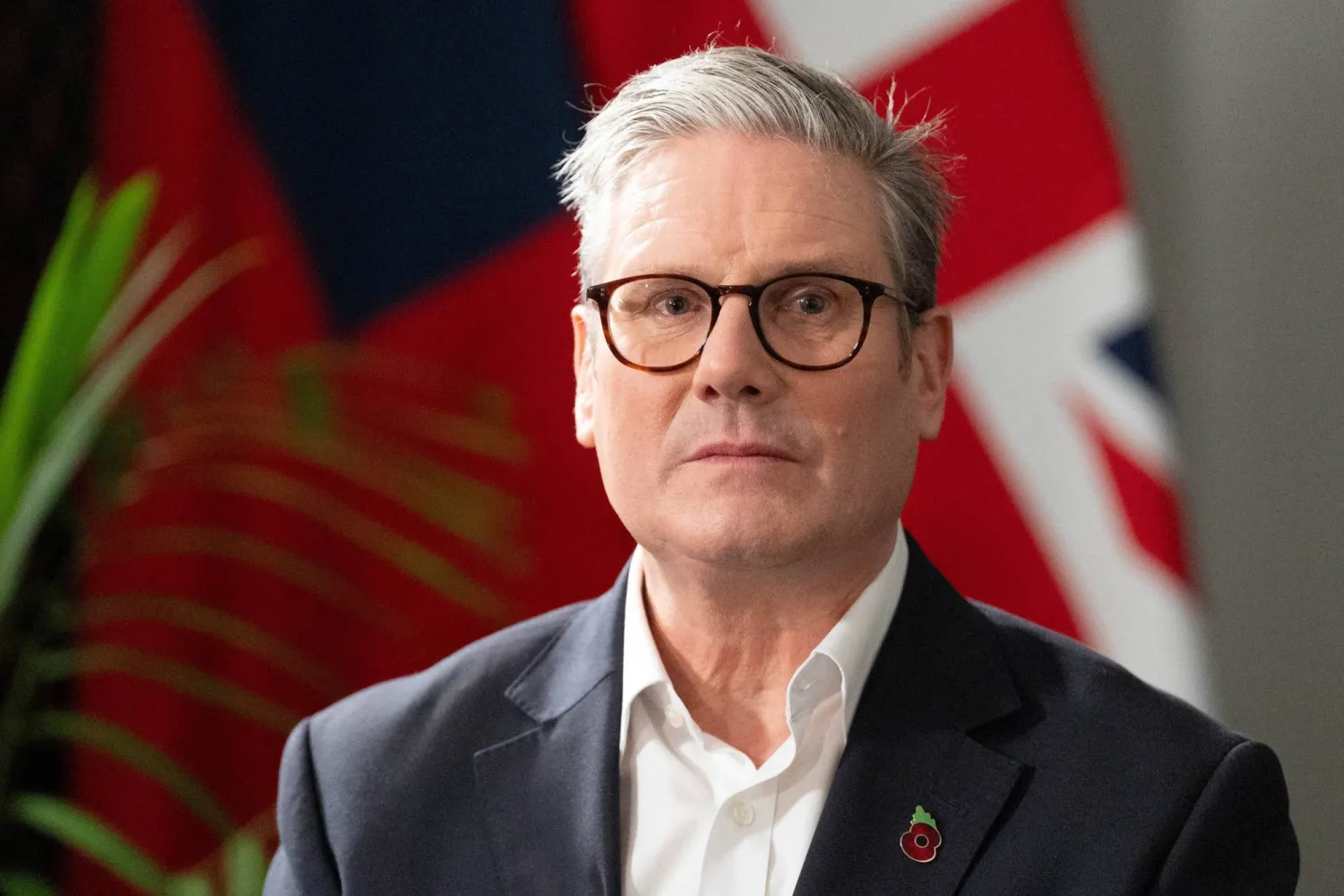Australia and Britain plan to work together to ramp up the deployment of renewable energy technologies, such as green hydrogen and offshore wind, to support decarbonization, the two countries' leaders said on Friday.
The transition to net zero would open up economic opportunities creating new jobs and bolster the industrial base of both countries, Australian Prime Minister Anthony Albanese and UK Prime Minister Keir Starmer said in a joint statement.
According to Reuters, their statement did not mention how much funding they would commit to clean energy.
"This partnership will ... build on our long-standing cooperation on international climate action and shared commitment to reach net zero emissions by 2050," Albanese said after meeting Starmer on the sidelines of the Commonwealth Heads of Government Meeting (CHOGM) in Apia, Samoa.
Both leaders announced grant recipients for their renewable hydrogen innovation partnership, which will support six projects focused on industrial decarbonization.
The prime ministers also said the AUKUS defense pact between Australia, the United States and Britain would boost security in the Indo-Pacific.
The AUKUS defense pact signed in 2021 will see Australia buy up to five nuclear-powered submarines from Washington in the early 2030s before jointly building and operating a new class, SSN-AUKUS, with Britain, roughly a decade later.
Albanese and Starmer reaffirmed their commitment to negotiate a bilateral treaty to develop the SSN-AUKUS submarine.
"Together, we're delivering better futures for our two countries, whether that's through protecting our national security with projects like AUKUS or delivering on our net zero commitments," Starmer said.
The Commonwealth meeting began this week with King Charles, the head of the grouping of 56 countries most with roots in Britain's empire, attending.
Climate change threats are a central topic of the talks, as more than half of the Commonwealth's members are small nations, many of them low-lying islands at risk from rising sea levels caused by climate change.
Australia, UK Team Up to Back Clean Energy Technologies

British Prime Minister Keir Starmer during a TV interview at the Commonwealth Heads of Government Meeting, in Samoa. Picture date: Friday, October 25, 2024. Stefan Rousseau/Pool via REUTERS

Australia, UK Team Up to Back Clean Energy Technologies

British Prime Minister Keir Starmer during a TV interview at the Commonwealth Heads of Government Meeting, in Samoa. Picture date: Friday, October 25, 2024. Stefan Rousseau/Pool via REUTERS
لم تشترك بعد
انشئ حساباً خاصاً بك لتحصل على أخبار مخصصة لك ولتتمتع بخاصية حفظ المقالات وتتلقى نشراتنا البريدية المتنوعة







